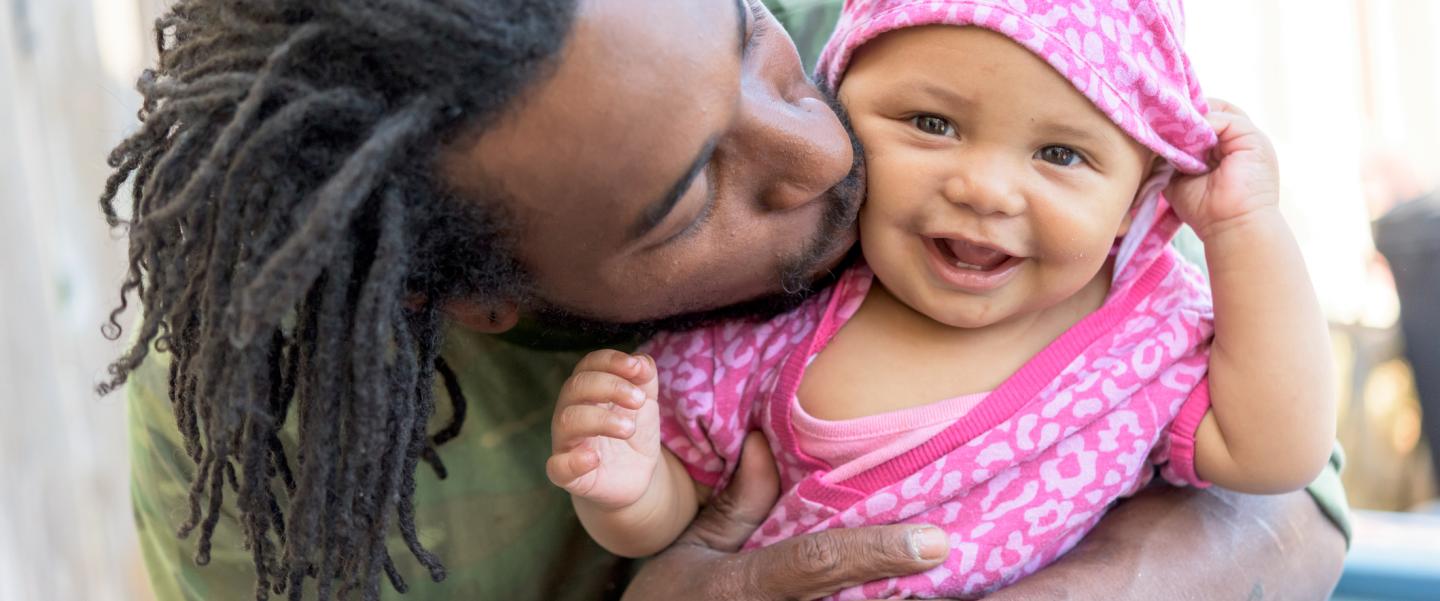HIGHLIGHTS
- Better evidence is needed on whether interventions that use recovery coaches improve outcomes for families involved with child welfare due to parental SUD.
- Abt is conducting a multi-site longitudinal evaluation to provide evidence about the effectiveness of two recovery coaching interventions in child welfare.
- Initial results of the impact and implementation evaluations are expected in 2028.
The Challenge
In the last 20 years, parental substance use disorder (SUD) has become an increasingly prevalent reason for children to enter foster care. Recovery coaching is a promising strategy to support parents’ recovery and help keep families safe and together. The R3-Impact study aims to satisfy the requirements of the Substance Use-Disorder Prevention that Promotes Opioid Recovery and Treatment (SUPPORT) for Patients and Communities Act. The study is evaluating multiple replications of two interventions to determine their effectiveness in improving parent well-being and child welfare outcomes. The long-term goal is to identify effective interventions that are replicable and scalable.
The Approach
The Office of Planning, Research, and Evaluation and the Children’s Bureau within the Administration for Children and Families partnered with Abt Global in 2019 for the first phase of this work, Expanding Evidence on Replicable Recovery and Reunification Interventions for Families (R3-Feasibility), a feasibility and design study that laid the foundation for a second phase. The second phase, Replication of Recovery and Reunification Interventions for Families–Impact Study (R3-Impact), is a large multi-site evaluation of two interventions. The project’s goals are to conduct:
- An impact evaluation of multiple replications of the interventions. The impact evaluation will be informed by a pilot study and include experimental and quasi-experimental designs with a follow-up period of up to five years.
- An implementation evaluation that analyzes the extent to which the interventions were implemented as intended and informs future replication and scaling efforts.
Throughout the project, Abt will engage collaborators with research, practice, and lived expertise to ensure the project is informed by multiple perspectives.
The Results
R3-Impact began in August 2022 and continues through September 2031. Initial results are expected in 2028, and results will inform future replication and evaluation efforts.
Related Projects:
